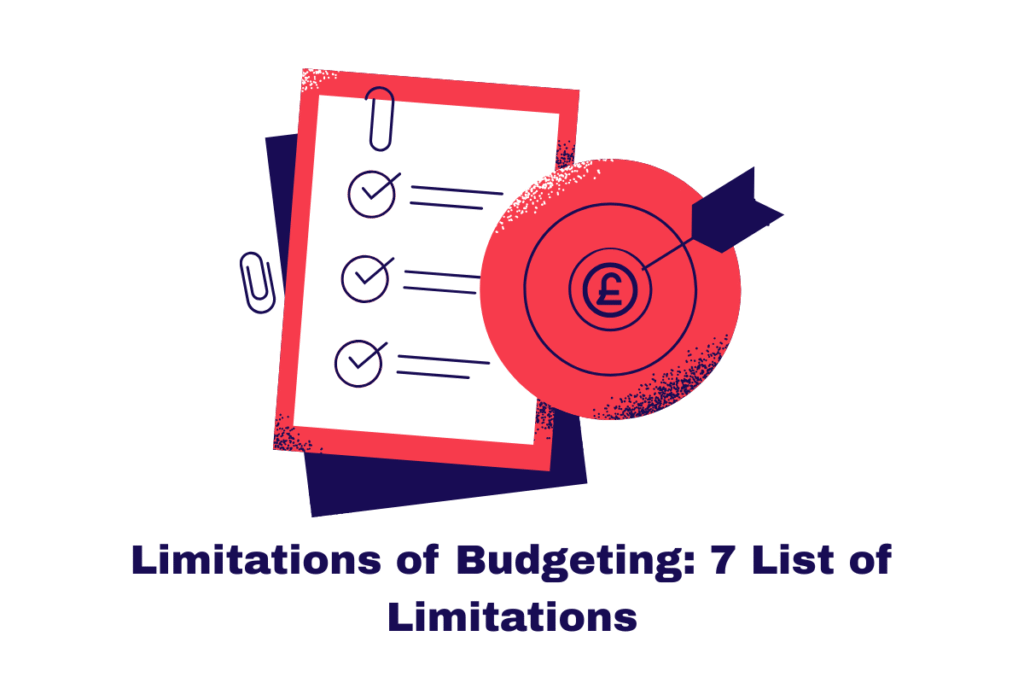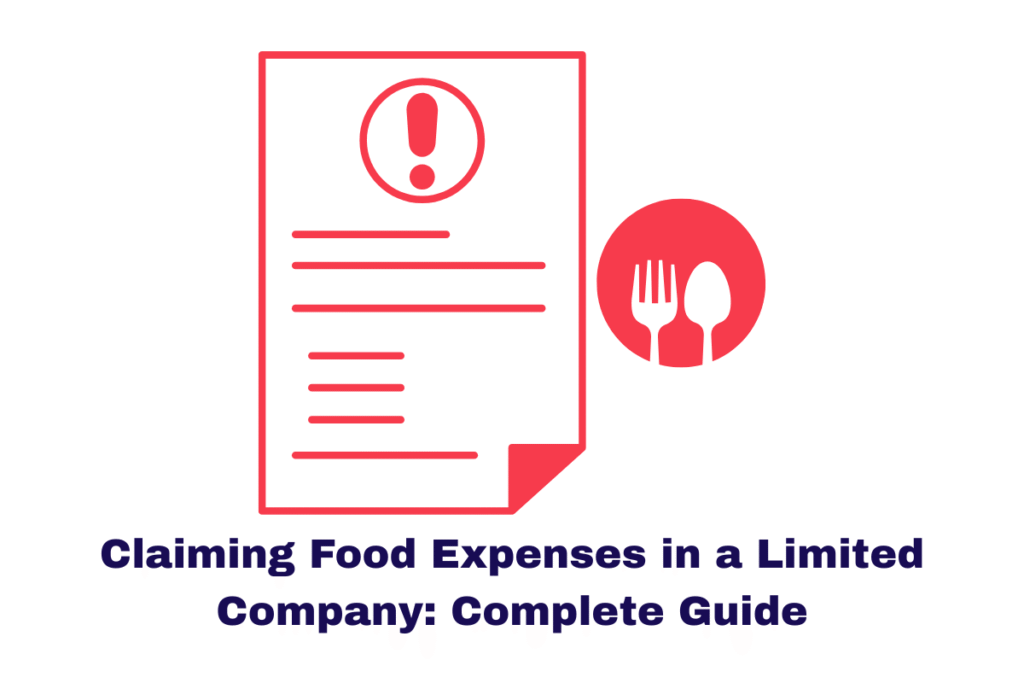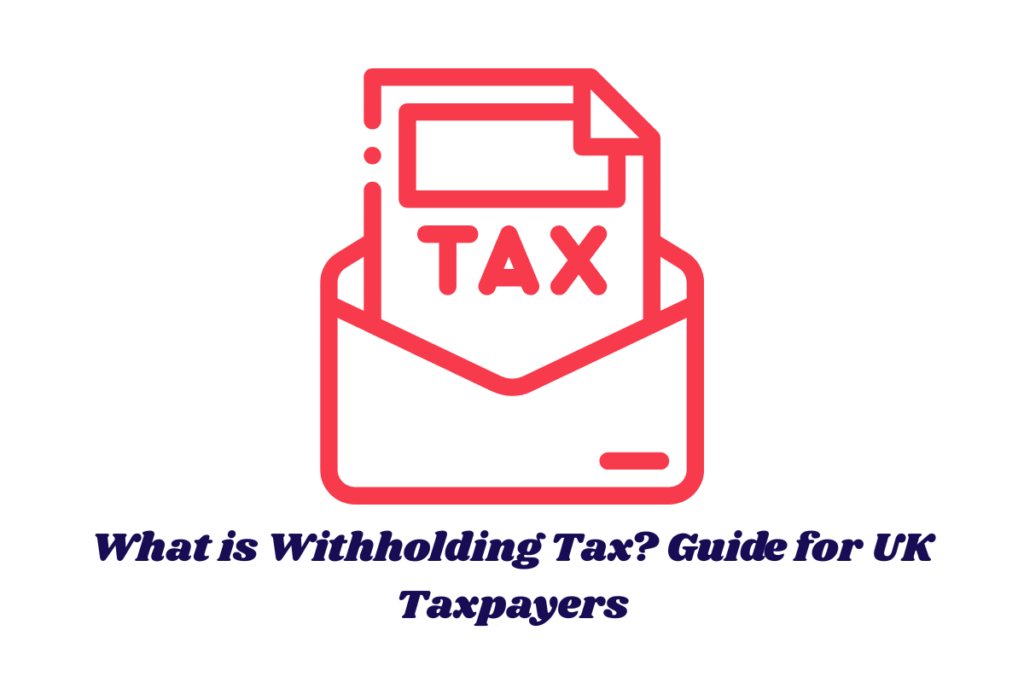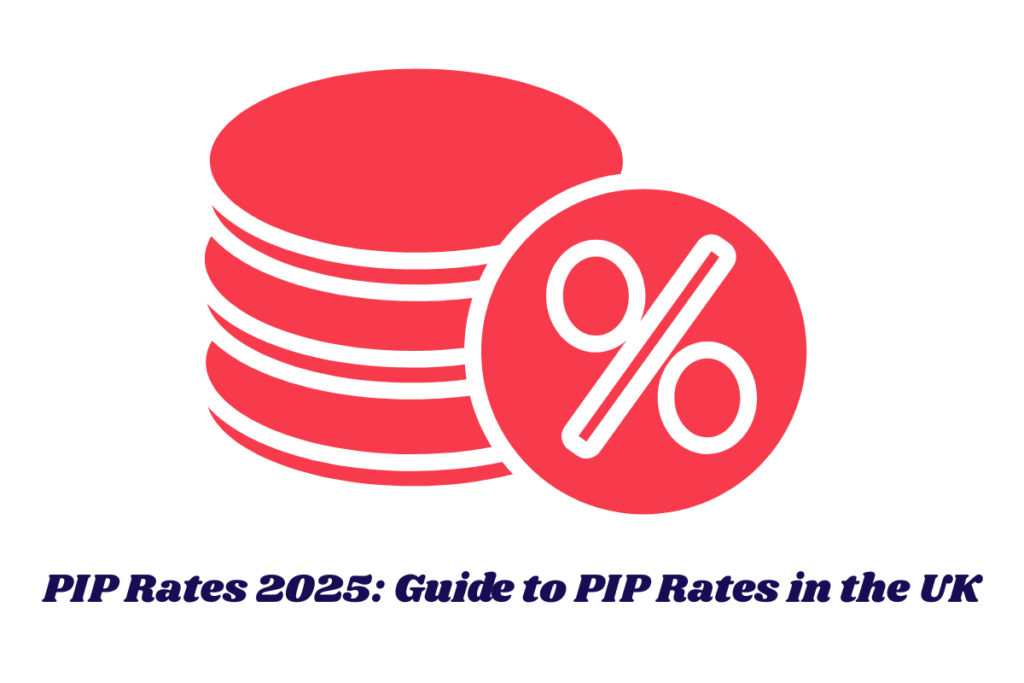Budgeting is a financial planning method used by UK businesses to forecast income, control expenditure, and allocate resources across operational departments.
A budget with fixed targets, rigid variance thresholds, or outdated cost assumptions often restricts responsiveness to real-time market conditions, HMRC tax changes, and cash-flow volatility.
Modern SMEs require budgeting techniques with adaptive forecasting, scenario modelling, and measurable performance indicators to avoid the limiting factors of traditional budgets, including forecast inaccuracy, incremental bias, and behavioural gaming by managers.
Accurate budgeting for Corporation Tax, VAT cycles, and capital investment demands flexible models that reflect current trading data, sector benchmarks, and audited financial results from entities such as HMRC, Companies House, and the Office for National Statistics.
What Is Budgeting?
Budgeting is the systematic process of allocating resources to various business operations and departments over a financial period, typically one year. It uses past financial data and expected trends to forecast income and expenses.
According to CIPFA, budgeting is not just a financial forecast, it’s also a control mechanism to compare actual outcomes against planned results. Yet, despite its importance, budgeting is not flawless.
Before you prepare your financial plan, it’s essential to understand the limitations of budgeting, so you’re not blindsided by issues that could cost you time, money, and credibility.
You can also read our more guides on Personal Tax:
What is a Sole Proprietorship? Things You Should Know
How Much Will I Pay Tax on My Bonus in the UK?
Why Are There Limitations in Budgeting?
The limitations of budgeting stem from the assumptions, constraints, and human elements that surround the budgeting process. These limitations can affect how accurate and useful your budget actually is.
Let’s explore the seven main limitations of budgeting that I often witness in practice.
The Illusion of Certainty: Rigidity in a Dynamic Market
One of the most immediate and impactful Limitations of Budgeting stems from its inherent lack of flexibility. A budget is typically formulated once a year by UK economic bodies such as Office of National Satistics (ONS), based on the economic and operational conditions at that moment.
Yet, the modern business environment, particularly in post-Brexit Britain, is defined by volatility, uncertainty, complexity, and ambiguity (VUCA).
The Stranglehold of Static Targets
When a budget is set in stone for twelve months, it creates a straitjacket for operational managers.
If a new, highly profitable opportunity arises midway through the financial year, perhaps a major export contract facilitated by new trade agreements, or a sudden technological breakthrough requiring immediate investment, the budgeted figures may actually prevent the organisation from capitalising.
Managers become hesitant to pursue non-budgeted spending, even if the net present value (NPV) calculation demonstrates clear profitability. This rigidity turns the budget from a guide into a governor, actively suppressing entrepreneurial spirit.
Poor Response to Economic Shocks
Consider the unforeseen economic disruptions that have plagued the last decade, from the 2008 financial crisis to the COVID-19 pandemic and subsequent inflationary pressures.
A fixed budget, drafted prior to such an event, becomes instantly obsolete. Continuing to measure performance against irrelevant targets not only demoralises staff but also leads to skewed management decisions.
For instance, clinging to a pre-recession revenue target might force a company to slash prices recklessly to hit the volume goal, thereby destroying the profit margin entirely.
The practical reality is that budgeting needs to adapt, and static approaches are a severe limitation of budgeting. Dynamic budgeting techniques, such as rolling forecasts or zero-based budgeting (ZBB), offer potential solutions but are significantly more complex and resource-intensive to implement than traditional methods.
The Human Element: Behavioural and Motivational Flaws
While budgets are quantitative tools, they are managed and executed by people. The greatest Limitations of Budgeting often reside not in the figures themselves, but in the complex psychological and political dynamics they unleash within an organisation.
Budgetary Slack and Low Targets
The ‘use it or lose it’ mentality is a widespread and costly behavioural flaw inherent in many budgeting systems. Managers quickly learn that if they finish the financial year significantly under budget, their allocation for the following year will likely be cut. See ACCA’s Budgeting Guidance.
To protect their departmental resources and ensure a buffer for unexpected costs (the so-called ‘kitty’), they intentionally overestimate expenses and underestimate potential revenues during the negotiation phase.
This cushion, known as budgetary slack, undermines the budget’s integrity as a planning tool and masks true operational efficiency.
It means resources are hoarded and not deployed where they could generate the highest return for the company as a whole.
The Principal-Agent Problem
In corporate governance, the principal-agent commonly Financial Reporting Council (FRC) problem describes the conflict arising when one party (the ‘agent’, e.g., a manager) is expected to act in the best interests of another (the ‘principal’, e.g., the shareholder or owner), but possesses different incentives.
When it comes to the Limitations of Budgeting, this manifests profoundly. A manager’s personal performance, and thus their bonus or promotion prospects, is typically tied to hitting the budgeted figures.
This creates a powerful incentive to manipulate the budget downwards (creating slack) or to engage in short-term manoeuvres (such as delaying maintenance or essential training) simply to meet the arbitrary year-end metric, even if it harms the company’s long-term health. The budget thus shifts focus from value creation to target achievement.
Inter-Departmental Conflict and Silos
The budgeting process is often a zero-sum game. Resources are finite, and every department vies for the largest possible slice of the capital and operational expenditure pie.
This competition fosters internal conflict, detracts from the organisation’s overall strategic mission, and encourages silo mentality.
Departments may refuse to share critical information or coordinate activities effectively if they perceive such cooperation will weaken their case for increased budget allocation next year.
This lack of consensus and collaborative spirit is a significant hidden cost and a definitive limitation of budgeting. Learn from HM Treasury’s guidance on Public Sector Budgeting.
The Perils of Prediction: Data, Inaccuracy, and Time
A budget is, fundamentally, a forecast. Its accuracy is therefore entirely dependent on the quality of the underlying assumptions and data.
According to ONS productivity reports, UK SMEs suffer from significant administrative overheads, which traditional budgeting often worsens.
A key limitation of budgeting is the inherent difficulty in predicting the future with any meaningful degree of precision, particularly in matters related to trade, currency, and regulation in the UK context.
Reliance on Historical Data and Extrapolation
Most traditional budgets are formulated using an incremental approach, where last year’s actual figures are taken as a baseline and then simply adjusted for expected inflation or a projected growth percentage.
While this is straightforward, it bakes in past inefficiencies and ignores future, disruptive changes. If last year’s overhead costs were inflated due to mismanagement, the incremental budget ensures those inflated costs become the standard for the next year.
This method fails to encourage efficiency and ignores the fundamental need for continuous improvement. Furthermore, relying on historical trends often fails to capture crucial external shifts, such as new competitive entrants or changes to key limiting factors of a budget.
The Time, Effort, and Cost Burden
The entire budgeting process is notoriously complex, cumbersome, and time-consuming. It involves multiple iterations, intense negotiation sessions, drafting, revision, and ultimate approval, often requiring the full-time dedication of qualified financial staff, a significant operational cost.
For an SME, this can divert substantial management time away from core value-generating activities. Many firms find that the detailed financial planning and analysis required to create a truly robust budget can easily stretch over several months.
Given that the result often contains significant inaccuracies due to the factors mentioned above, the return on the investment of time and resources is often highly questionable. This substantial commitment of resources represents a tangible limitation of budgeting.
Strategic Myopia: The Short-Term Trap
Budgeting inherently focuses on a relatively short financial period, typically twelve months. This short-term perspective creates a dangerous strategic myopia, prioritising immediate financial results over long-term value creation.
Sacrificing Investment for Appearance
The pressure to meet short-term earnings targets, often driven by the budget, can lead to perverse strategic decisions.
Essential long-term investments, such as research and development (R&D), staff training, or preventative maintenance of critical infrastructure, are easily deferred or cut entirely if a department is facing a year-end deficit.
Whilst such cuts might temporarily inflate profits for the current year (thereby pleasing the budget analysts), they significantly erode the organisation’s future competitive capability and asset health.
The budget effectively encourages managerial decisions that are expedient rather than strategic. This conflict between operational goals and long-term viability is one of the most serious limitations of budgeting.
Too Financial in Nature
Traditional budgets focus overwhelmingly on quantitative financial metrics: revenues, costs, and profit figures.
They often entirely fail to incorporate crucial non-financial, qualitative factors that are fundamental drivers of modern business success. For example, a budget does not typically account for:
-
Customer Satisfaction Scores: A crucial indicator of future revenue potential.
-
Employee Engagement and Wellbeing: Direct drivers of productivity and staff retention.
-
Product Quality and Defect Rates: Indicators of future warranty costs and brand reputation.
-
Innovation Pipeline: The health and viability of future products or services.
By ignoring these qualitative measures, the budget risks driving behaviour that improves the numbers on the spreadsheet but damages the underlying business value as stated by UK Corporate Governance Code.
This highlights the narrow scope and inherent flaws when asking What are the limitations of budgets? they are simply too narrow in focus.
What are the five limitations of budgetary control?
When summarising the drawbacks of the budgetary control system, five key areas consistently emerge in financial and management accounting theory.
These five limitations of budgetary control encapsulate the primary challenges businesses face:
-
Imposed Rigidity and Resistance to Change: The static, fixed nature of traditional budgets makes them highly unresponsive to changes in market conditions, technology, or unforeseen regulatory shifts (e.g., unexpected adjustments to the National Living Wage or changes in HMRC reporting requirements). This rigidity is a foundational flaw.
-
Encouraging Budgetary Slack and Waste: The tendency for managers to understate revenue and overstate expenses to create a safety margin (slack) means the budget is not a true reflection of the expected reality, leading to inefficient resource allocation and the ‘use it or lose it’ mentality.
-
Conflict and Silo Mentality: The resource allocation process is inherently competitive, leading to inter-departmental conflicts and a failure to cooperate strategically for the overall benefit of the organisation, thus wasting management time and effort.
-
Misleading Performance Measurement: Using the budget as the sole benchmark for performance can be misleading. A manager who achieves their budgeted target may have simply set a low target, while a manager who exceeds the target but spends more than budgeted may have generated far greater value for the firm. The budget encourages target achievement over genuine efficiency.
-
Focus on Short-Term Objectives: The annual cycle of budgeting discourages essential long-term investment, particularly in areas like research, development, and talent acquisition, where returns are multi-period and often difficult to quantify in the short term.
Understanding these five pivotal limitations of budgetary control is the first step towards adopting more sophisticated and modern financial planning methodologies.
Accounting for the UK Context: Tax, Regulation, and Expertise
The Limitations of Budgeting are often amplified when viewed through the lens of specific UK accounting and tax regulations, demanding a higher level of expertise and due diligence.
Tax Law and Budget Assumptions
In the UK, financial forecasting must account for highly complex and evolving tax frameworks. Budget estimations must consider:
-
Corporation Tax Rate Changes: Future changes to the headline rate or the specific rules around Capital Allowances. A budget based on outdated tax laws is fundamentally flawed.
-
IR35 and Employment Status: Incorrectly budgeting for contractor costs versus employee payroll (including PAYE and National Insurance contributions) can lead to significant retrospective tax bills and fines, invalidating the entire budgeted personnel costs. The nuance required here often escapes the broad brush of a traditional budget.
-
VAT Complexity: Budgeting for large capital projects, particularly those involving partial exemption or cross-border transactions, requires highly specific knowledge of VAT rules. Misclassification in the budget can lead to significant cash flow issues and incorrect tax submissions to HMRC.
The legal and fiscal scrutiny applied to UK company accounts means that inaccuracies within the budget, born of poor estimation or slack, are not just internal operational issues; they can translate into significant compliance risks.
This requirement for precision in a volatile tax landscape is a considerable limitation of budgeting. To maintain authority and credibility, financial planning must be underpinned by accurate knowledge of the latest statutory requirements (see the official guidance from GOV.UK on UK Tax Legislation).
What are the limiting factors of a budget?
While the budget itself is a financial tool, its constraints often originate from operational and physical realities.
When businesses ask, What are the limiting factors of a budget?, they are typically referring to the non-financial constraints that dictate the maximum achievable output, regardless of how much money is thrown at the problem.
Identifying the limiting factors of a budget is an essential step in financial planning, as it defines the ceiling on achievable revenues and forces resources to be allocated most efficiently to this constraint.
These factors are known as the Key Factor in marginal costing.
Common limiting factors include:
-
Skilled Labour Capacity: In the UK, post-Brexit shifts have highlighted severe labour shortages in many sectors (e.g., haulage, hospitality, construction). Even with an unlimited budget for wages, the available pool of qualified talent can be the limiting factor on production, sales, or service delivery.
-
Machine or Production Capacity: If a factory floor can only run 24/7, its maximum output is fixed. The budget must be constrained by this reality, not by an arbitrary sales forecast. Spending more on raw materials or marketing when the production line is already maxed out is a waste of capital.
-
Raw Material Availability (Supply Chain): Global supply chain disruptions have made this a critical constraint. A business cannot budget for the production of 10,000 units if its key supplier can only provide enough unique components for 8,000 units. The physical supply chain, not the purchase ledger, becomes the limiting factor of a budget.
-
Available Cash/Working Capital: Whilst the Profit and Loss (P&L) budget might look healthy, the underlying cash flow situation might be tight. Slow-paying debtors (customers) can limit the firm’s ability to fund immediate operational expenses, even if the eventual profit is assured. Cash is often the primary limiting factor of a budget for high-growth SMEs.
Accurate budgeting should commence with identifying and prioritising the removal of these limiting factors of a budget, rather than merely extrapolating previous financial figures.
A budget that ignores these operational realities is purely theoretical and offers little practical value. This failure to integrate operational constraints is a significant limitation of budgeting.
Reconsidering What are the advantages and limitations of budgeting?
To provide a complete compliant analysis, we must briefly acknowledge the advantages of budgeting, not just to balance the argument but to underscore that the tool itself is not the enemy, it is the application of the tool.
Advantages: The Case for Planning
-
Goal Communication: Budgets formalise strategic goals into tangible, understandable financial targets that can be communicated to every level of the organisation.
-
Coordination: The budgeting process forces departments to interact and align their goals, ensuring, for example, that the sales forecast aligns with the production capacity and the required raw materials procurement.
-
Resource Allocation: It provides a structured mechanism for rationally allocating finite resources to their most effective uses, linking strategy to spending.
The Trade-Off
The critical takeaway is that the inherent Limitations of Budgeting outweigh the benefits if the budget is used rigidly or as a punitive device.
The true value lies not in the final figures, but in the planning and forethought the process demands. As the famous management adage goes: “A budget is a prediction, but planning is invaluable.”
Understanding What are the advantages and limitations of budgeting? allows firms to move towards more adaptive and modern systems like ‘Beyond Budgeting’, which focus on relative performance contracts rather than fixed targets.
This deep examination of the inherent weaknesses provides a robust answer to What are the limitations of budgets? by exploring every facet of the process, from behavioural science to UK tax compliance.
The Bottom Line
In summary, while budgeting remains a cornerstone of corporate finance and control, its execution is fraught with substantial difficulties.
We have thoroughly explored the primary and secondary Limitations of Budgeting, including its failure to adapt to dynamic market conditions, the behavioural distortions it encourages (such as budgetary slack and the principal-agent conflict), and its inherent short-termism which often sacrifices long-term strategic health for immediate gains.
The practical challenge for UK firms is to acknowledge that simply asking What are the limitations of budgets? is only the start. The real expertise lies in mitigating these flaws.
This requires:
-
Moving away from static, incremental budgeting towards flexible, rolling forecasts.
-
Focusing on non-financial key performance indicators (KPIs) alongside financial targets.
-
All financial assumptions are thoroughly checked against the latest UK accounting standards and HMRC guidance.
By critically analysing the constraints, whether they be the five core limitations of budgetary control or the physical and capacity-based limiting factors of a budget, business leaders can transform their financial planning.
They can move from a process that stifles innovation and encourages internal conflict to one that genuinely supports agility, transparency, and sustainable financial health.
This mastery of the budgeting process’s flaws is the hallmark of sophisticated financial management in the 21st century.
The content provided on TaxCalculatorsUK, including our blog and articles, is for general informational purposes only and does not constitute financial, accounting, or legal advice.
You can also visit HMRC’s official website for more in-depth information about the topic.











